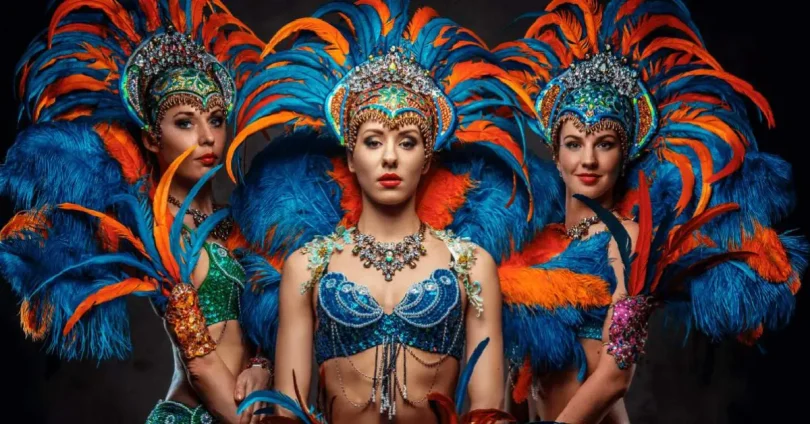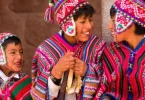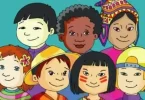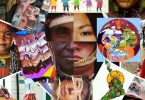Festivals are more than just events; they are powerful reflections of traditions, values, and social unity. Around the globe, people gather to celebrate art, history, religion, food, and community through unique cultural festivals. Understanding the types of cultural festivals worldwide gives us insight into how different societies preserve their heritage while also embracing modern influences. These festivals connect people across borders and highlight the shared joy of human expression.
What Are Cultural Festivals?
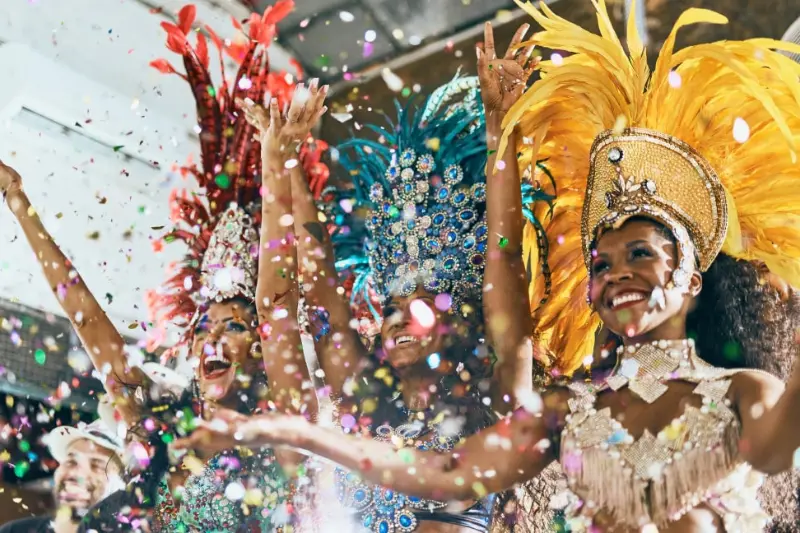
Cultural festivals are organized celebrations that showcase a community’s traditions, beliefs, arts, food, or history. They can be rooted in ancient practices, seasonal rituals, or modern interpretations of identity. Whether it’s a harvest festival in Asia, a music festival in Europe, or a carnival in South America, these gatherings highlight the diversity and richness of human culture.
Why Cultural Festivals Matter
Preservation of Heritage
Cultural festivals help keep traditions alive for future generations.
Strengthening Community Bonds
They bring families, friends, and strangers together in a shared experience.
Economic and Tourism Growth
Global festivals attract millions of travelers every year, boosting local economies.
Cultural Exchange
By attending international festivals, people learn about customs outside their own culture.
You may also like to read these posts:
How to Experience Local Culture While Traveling: full Guide
Why Culture Is Important in Society and Everyday Life
Top Cultural Traditions Around the World-You Must Experience
Modern Culture vs Traditional Culture Key Differences
Major Types of Cultural Festivals Worldwide
Religious Festivals
One of the most significant types of cultural festivals worldwide are religious celebrations. These reflect faith, devotion, and spiritual traditions.
- Diwali (India): The festival of lights celebrated by Hindus, Sikhs, and Jains.
- Christmas (Worldwide): Celebrated by Christians to mark the birth of Jesus Christ.
- Ramadan and Eid (Muslim World): A month of fasting ending with Eid al-Fitr.
- Hanukkah (Jewish Community): The festival of lights in Jewish tradition.
Music and Dance Festivals
Music unites cultures, and festivals dedicated to rhythm and performance are globally popular.
- Tomorrowland (Belgium): One of the biggest electronic dance music festivals.
- Rio Carnival (Brazil): Famous for samba parades and dance performances.
- Coachella (USA): A major music and arts festival showcasing global talent.
Food and Culinary Festivals
Among the most enjoyable types of cultural festivals worldwide are food-centered events. They celebrate flavors, ingredients, and local cuisines.
- Oktoberfest (Germany): Beer, Bavarian traditions, and hearty German food.
- La Tomatina (Spain): A tomato-throwing festival mixed with food celebrations.
- National Cherry Blossom Festival (USA): Celebrating Japanese cuisine and culture in Washington, D.C.
Seasonal and Harvest Festivals
Agriculture and seasons shape many traditions. Harvest festivals are some of the oldest cultural gatherings.
- Thanksgiving (USA/Canada): A harvest celebration of gratitude.
- Songkran (Thailand): Thai New Year celebrated with water fights.
- Mid-Autumn Festival (China/Vietnam): Celebrating the harvest moon with lanterns and mooncakes.
Historical and National Festivals
These festivals honor significant national events, independence days, or historical milestones.
- Bastille Day (France): Celebrates the French Revolution.
- Independence Day (USA): Marked by fireworks and parades.
- Day of the Dead (Mexico): Honors ancestors through rituals and decorations.
Cultural Art and Film Festivals
Art, cinema, and literature are also celebrated through global events.
- Cannes Film Festival (France): Premiering international films.
- Venice Biennale (Italy): Showcasing art from around the world.
- Jaipur Literature Festival (India): A gathering of writers, poets, and thinkers.
Indigenous and Tribal Festivals
These events preserve traditions of native communities, often deeply connected to nature.
- Inti Raymi (Peru): An ancient Incan festival of the sun.
- Powwows (Native American Communities): Celebrations of dance, music, and heritage.
- Garifuna Settlement Day (Belize): Honoring the Garifuna people’s culture.
Regional Highlights of Cultural Festivals

Asia
Rich in religious festivals like Diwali, Vesak, and Chinese New Year. Seasonal harvest festivals such as Pongal in India and Chuseok in Korea are equally significant.
Europe
Famous for art, film, and food festivals. Major events include Oktoberfest, Venice Carnival, and Glastonbury Music Festival.
Africa
Festivals like Lake of Stars (Malawi) and Timkat (Ethiopia) reflect music and faith. Tribal traditions remain strong in local celebrations.
North America
Known for large-scale cultural, music, and food festivals such as Burning Man and Mardi Gras.
South America
Colorful events like Rio Carnival, Inti Raymi, and Tango Festival in Argentina represent the vibrancy of the continent.
Oceania
Celebrations of indigenous culture like the Māori New Year (Matariki) in New Zealand are important. Sydney Festival brings together arts and culture.
Modern vs Traditional Cultural Festivals
While traditional festivals often reflect history, religion, and agriculture, modern cultural festivals focus on music, film, fashion, and global exchange. Both play an essential role in shaping cultural identity.
Benefits of Attending Cultural Festivals Worldwide
Educational Value
Learn about different traditions, rituals, and beliefs.
Tourism and Exploration
Festivals bring travelers closer to authentic cultural experiences.
Social Connections
Meeting people from around the globe builds friendship and understanding.
Creativity and Inspiration
Art and cultural festivals inspire artists, musicians, and thinkers.
Challenges in Preserving Cultural Festivals
- Globalization leading to commercialization
- Loss of authenticity in traditional practices
- Environmental concerns with large gatherings
- Balancing modern trends with cultural roots
Future of Cultural Festivals
The future of types of cultural festivals worldwide lies in balancing tradition with innovation. Eco-friendly practices, digital streaming, and cross-cultural collaborations will define upcoming festivals. Yet, the essence of unity and celebration will always remain.
FAQs About Cultural Festivals
What are the main types of cultural festivals worldwide?
They include religious, music, food, seasonal, historical, art, and indigenous festivals.
Which is the biggest cultural festival in the world?
Rio Carnival in Brazil is considered the largest, attracting millions of visitors.
Why are cultural festivals important?
They preserve heritage, strengthen communities, and promote cultural exchange.
How do cultural festivals impact tourism?
They boost tourism by attracting international visitors, benefiting local economies.
Are cultural festivals changing with modern trends?
Yes, digital media, sustainability, and globalization are reshaping how festivals are celebrated.
Conclusion
Exploring the types of cultural festivals worldwide reveals the beauty of human diversity. From spiritual rituals to modern music events, each festival carries its own story, values, and traditions. They unite people across continents, preserve cultural heritage, and create unforgettable experiences. In today’s interconnected world, celebrating cultural festivals is not just about joy but also about building respect, understanding, and unity among global communities.

